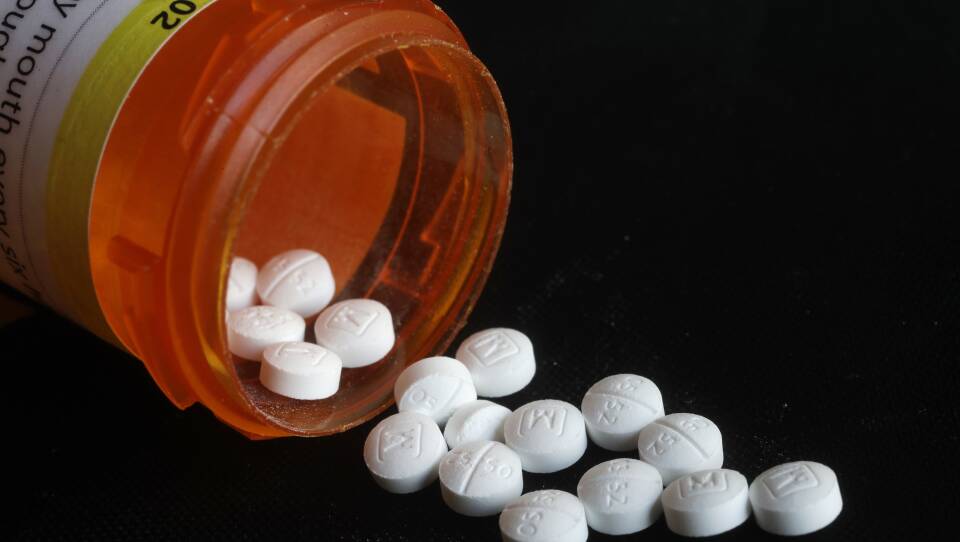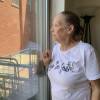Massachusetts is set to receive about $90 million as a result of a federal settlement finalized this week with the Sackler family over the role of their company — Purdue Pharma — in the national opioid abuse epidemic.
The overall $4.3 billion bankruptcy settlement is less than many states and advocates had hoped for, and grants the family immunity from future opioid-related lawsuits.
But many of those focused on the issue in Massachusetts say the time has come to focus on how the state can best spend its share of the funds to fight the epidemic of addiction in the state.
"No amount of money would ever be enough," Massachusetts Attorney General Maura Healey, who sued the Sackler family on behalf of the state, told GBH News. "No amount of money would begin to reflect the toll, the devastation suffered by so many families in Massachusetts, in our communities."
More Local News
Still, she said, "What's important here is that we have a resolution that is shutting down Purdue once and for all ... And we're going to have substantial amounts of money come in to the state to go directly to help with recovery, treatment and prevention."
Senator Ed Markey has condemned the settlement, and is asking the U.S. Department of Justice to appeal it. “A bankruptcy settlement should not absolve the Sacklers and their partners in crime from their culpability in the opioid epidemic," Markey said in a statement. "While funds to support on-going treatment and prevention efforts are important, the Sacklers should not be able to buy their way out of responsibility for their actions."
But Healey says she disagrees about an appeal. "I know how desperately needed these funds are, so I want these funds to come forward," she said. "And I would like Congress to get to work to pass a law that closes that bankruptcy loophole once and for all."
The state legislature passed a law in 2020 setting up a trust fund for settlements like this. The law also requires those funds to be used for prevention and treatment of opioid disorders and says they must supplement existing funding for those purposes, rather than replace it. The law also established an advisory council to help determine how the money should be spent.
Dr. Elsie Taveras of the Harvard T.H. Chan School of Public Health and Massachusetts General Hospital is one of 21 members of that advisory council. She said that state legislation — and the work of the advisory council — will ensure that this money will be spent differently than the money the state received in the groundbreaking 1998 tobacco settlement.
"Two decades ago, the tobacco settlement concluded with a $200 billion settlement, and less than 10 percent of that funding actually went towards tobacco control efforts," Taveras said. "We cannot let that happen this time around."
Given the broad impact of the opioid abuse epidemic in Massachusetts, Taveras has a long list of programs and interventions she's like the advisory council to consider.
"We have to prioritize and ensure equitable distribution of the funds to populations that have been disproportionately affected and to communities that have been most harmed by the, quote unquote, war on drugs," Taveras said. "Black, Latinx, low income neighborhoods." Taveras said the funding should support "the needs of those that are at highest and near term risk of death — programs that distribute naloxone, that provide sterile syringes, outreach, work, and housing."
And, she said, she'd like to see the money support mobile services for addiction treatment.
"Everyone in the city of Boston lives within one mile of an office-based addiction treatment program, yet we still see a number of deaths per day in the city of Boston," Taveras said. "We have seen that mobile programs that are low threshold, where a person can walk up to to receive services and care are incredibly effective."
Because of the COVID pandemic, federal officials relaxed restrictions about methadone distribution in the spring of 2020, allowing some patients to take their doses home. Taveras said that could open opportunities for more localized distribution through community health centers.
Among the local agencies that work with people suffering from opioid addiction is Boston-based Victory Programs, which says it helps 3,200 people a year. In a written statement, the organization's executive director, Sarah Porter, agreed with Taveras that the Sackler money should help communities disproportionately impacted by addiction.
"In addition, a portion of the settlement should be used within the foster care system to prevent substance use and help the increasing number of children that are bystanders of adult opioid misuse, as well as fund housing and trauma-informed services for those experiencing the byproducts of this epidemic," she said.
David Rosenbloom of the Boston University School of Public Health, who's also on the advisory council, said there should be one fundamental principle when spending the Sackler money. "We should spend money to save lives," he said. "And every time we get ready to make a grant, we really ought to say, 'How is this going to save lives?'"
Rosenbloom said the commission should also focus on evidence about what interventions are proven to work.
"One of the most striking things I've learned so far on this [advisory council] is that the state has had prior contact with about 70 percent of the people who have died of an overdose in Massachusetts in recent years," he said. "So we know the people who are dying."
Those deaths are the result of the state's failure to stay in touch with those people and offer them accessible and effective services, he said.
Rosenbloom added that some of the money should focus on improving support programs inside corrections institutions, as well as for people when they're released from prison. And he said the spending has to be targeted to programs that have proven to be effective.
Rosenbloom cautioned that it will take time to see the impact of these investments.
"The settlement has been finalized, but the money is probably not going to move for many months," he said. "And so nothing, I think, on a big scale is going to happen fast."








